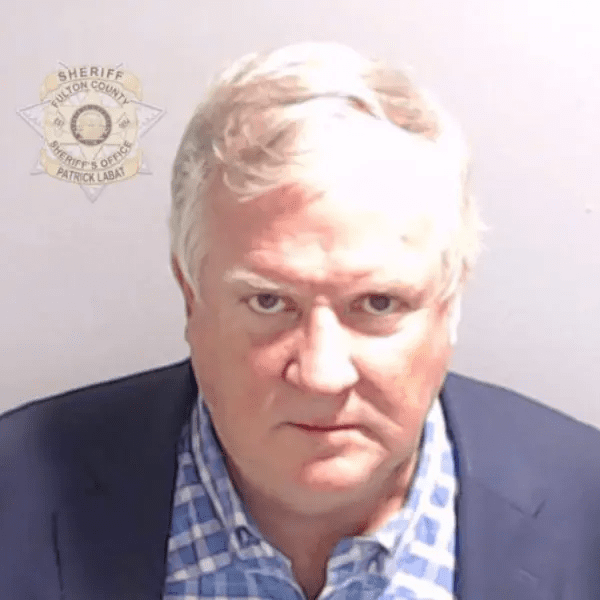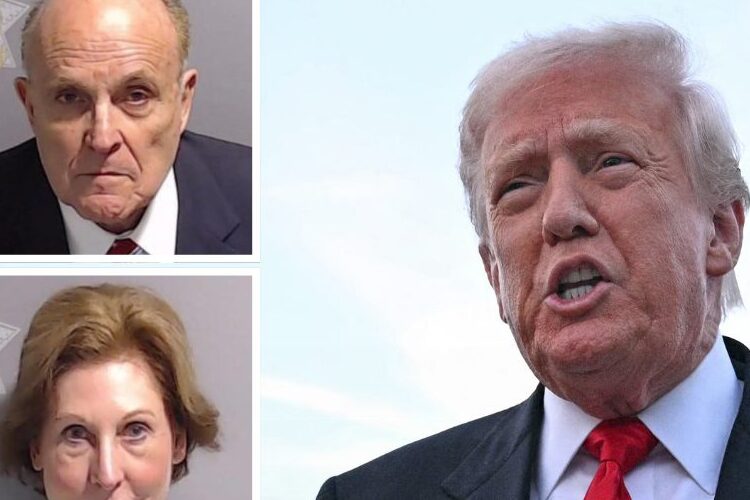President Trump Issues Sweeping Pardons for 77 Allies, Including Rudy Giuliani, Sidney Powell, and Kenneth Chesebro — A Political Earthquake That Shakes the 2020 Election Saga Once Again
In a move that sent shockwaves through Washington late Sunday night, President Donald J. Trump issued full pardons to 77 individuals connected to what prosecutors once described as efforts to overturn the 2020 presidential election. Among those cleared were some of his most prominent allies and legal defenders, including former New York City mayor Rudy Giuliani, attorney Sidney Powell, and constitutional lawyer Kenneth Chesebro — key figures long entangled in the so-called “fake electors” case.
The Justice Department confirmed the sweeping clemency order just before midnight, saying it was submitted through Trump’s “clemency czar,” attorney Ed Martin, who posted the full list to X (formerly Twitter) around 10:45 p.m. The announcement immediately reignited fierce national debate — not only about the 2020 election, but about the reach of executive power and the future of political accountability in the United States.
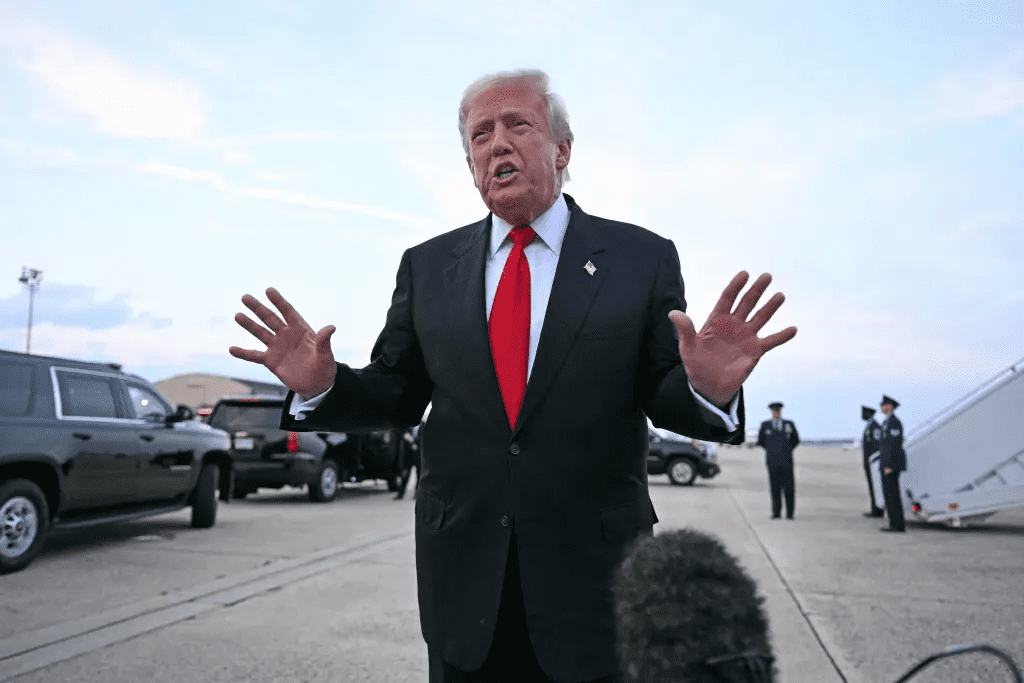
According to federal officials, Trump’s pardons came after months of legal reviews and petitions filed by his post-presidency legal team, which had been quietly compiling cases of allies still facing charges or ongoing appeals linked to the Georgia and federal election-interference investigations. The pardons effectively nullify criminal exposure for dozens of Trump associates, campaign lawyers, and Republican operatives who were accused of signing or organizing alternate elector certificates in battleground states after the 2020 vote.
Rudy Giuliani, once celebrated as “America’s Mayor” and later vilified by critics for his efforts to challenge Joe Biden’s win, was among the first to react. “I stood for election integrity,” Giuliani said in a statement late Sunday. “What we did was pursue legal remedies allowed under the Constitution. The truth has been twisted for political purposes, but history will now judge fairly.”
Sidney Powell, who became known for her fiery public claims of “rigged voting machines” and vast conspiracy theories surrounding the 2020 outcome, also received a full pardon. Powell, who had faced disbarment proceedings and multiple defamation lawsuits, called the decision “a restoration of justice and courage in the face of tyranny.”
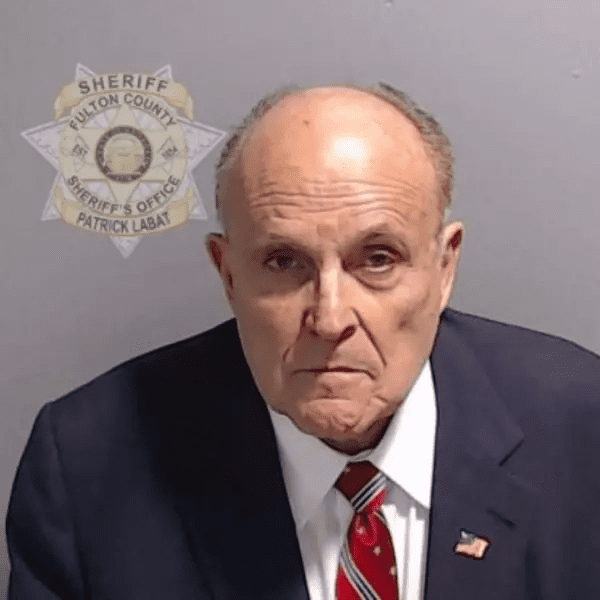
Kenneth Chesebro, the Harvard-educated attorney who authored several memos outlining legal theories for alternate slates of electors, was similarly pardoned. Chesebro had already pleaded guilty to a misdemeanor charge in Fulton County, Georgia, but remained under federal scrutiny. His inclusion in the clemency list closes a final chapter on his prosecution, effectively rewriting the end of one of the most closely watched political cases in recent U.S. history.
White House insiders described the decision as both inevitable and intensely debated. Trump had reportedly discussed the pardons with his inner circle for weeks, insisting that “patriots who fought for fair elections should not be punished for exposing corruption.” Senior adviser Ed Martin, who oversaw the clemency reviews, said the president considered each case carefully. “These are Americans who were targeted for political reasons,” Martin told reporters. “They deserve their names back and their freedom restored.”
The sweeping nature of the pardons drew immediate criticism from Democrats and government watchdogs, who called it an abuse of executive authority. Senate Majority Leader Chuck Schumer called the move “a stunning assault on accountability,” while Representative Jamie Raskin warned that “pardoning co-conspirators in an active case sets a dangerous precedent for democracy.” The Biden administration has not yet issued a formal statement, though a senior Justice Department official described the clemency order as “unprecedented in both scale and political implication.”
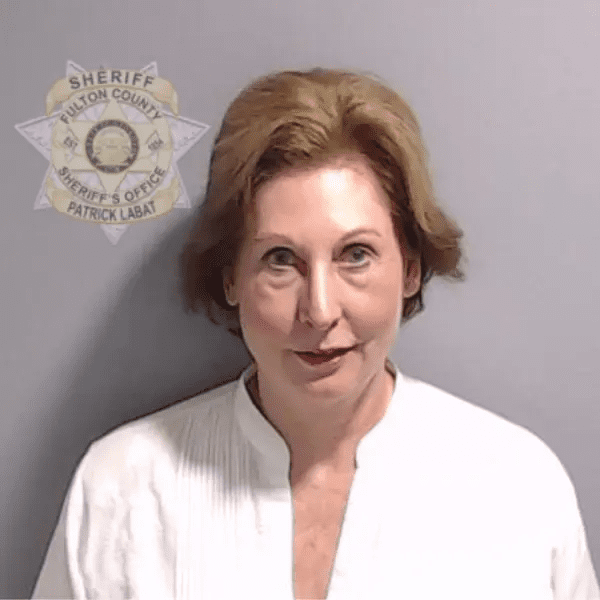
Still, the move appears legally airtight. Under the U.S. Constitution, the president holds broad powers to grant pardons and reprieves for federal offenses, and Trump’s order applies specifically to federal charges stemming from 2020 election-related investigations. State-level cases, including certain counts in Georgia and Michigan, may remain under local jurisdiction, though the practical effect of the pardons likely limits further pursuit.
Supporters hailed the decision as long overdue. Former Trump adviser Stephen Miller called it “a correction of political persecution,” while conservative commentator Mark Levin said the move was “a bold act of moral clarity.” Across social media, Trump’s base celebrated what they saw as vindication for figures they viewed as unfairly targeted by a weaponized justice system.
For Trump, the pardons mark another defining moment in his second term — one that once again forces the country to reckon with the fallout of 2020. Since returning to the White House, he has repeatedly vowed to “finish what we started,” portraying his allies’ prosecutions as part of a broader political witch hunt. Sunday’s announcement underscores his determination to reframe that narrative and reassert control over the story that has followed him for nearly five years.
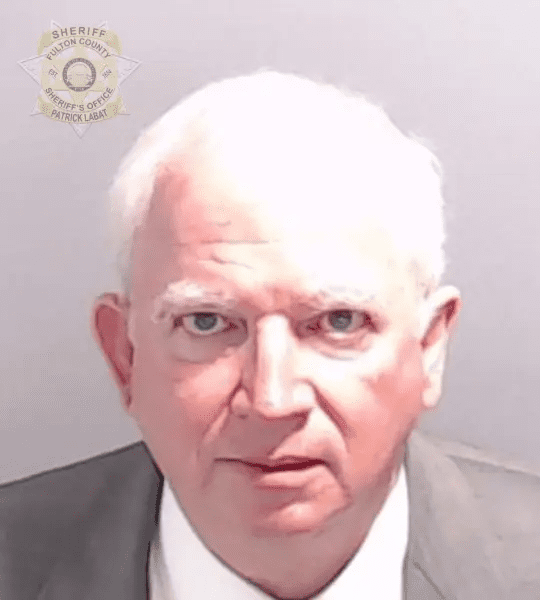
Legal scholars note that Trump’s use of mass pardons is not without precedent. Presidents from Andrew Johnson to Bill Clinton have used the power to erase politically charged prosecutions. Yet the context — forgiving allies tied to an election dispute that once threatened to upend a peaceful transfer of power — adds a layer of controversy unmatched in recent memory.
As news of the pardons spread overnight, reactions around the world reflected the polarized state of American politics. Allies in Congress rallied behind Trump, while European commentators described the move as “a domestic political earthquake.” In Georgia, where the “fake electors” case originated under District Attorney Fani Willis, local prosecutors expressed frustration but acknowledged that the federal pardons were beyond their reach.
In the hours after the announcement, Trump himself appeared before cameras outside Mar-a-Lago, calling the move “a long-overdue act of mercy.” Standing beside flags and a crowd of supporters, he said, “These are men and women who loved their country, who stood up for what they believed was right. They’ve been slandered, attacked, and destroyed by lies. But tonight, justice is restored.”
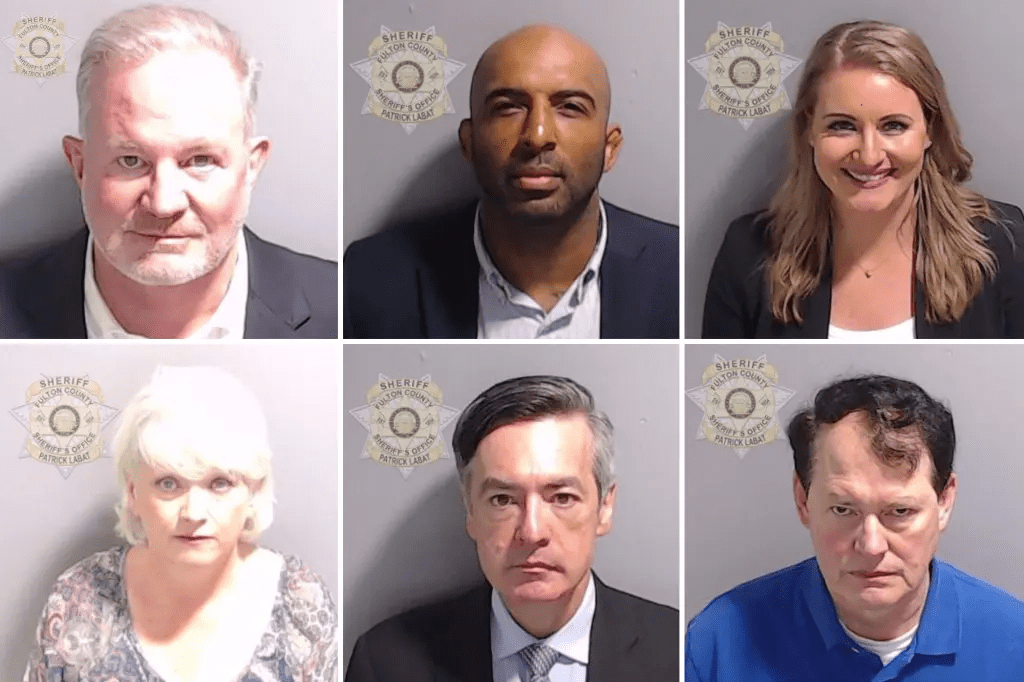
His comments drew applause from the crowd and immediate pushback from critics, who argued that “justice” in this context equated to political loyalty. Still, for Trump’s supporters, the pardons represent a moral victory — a symbolic closing of the wounds left open since 2020.
The timing of the announcement, just weeks before the year’s end and amid rising political tension heading into 2026, adds another layer to Trump’s unpredictable presidency. It reinforces his image as a defiant leader willing to challenge institutions that he views as corrupted by politics. To his detractors, it confirms their fears that his second term would be defined by retribution and self-protection.
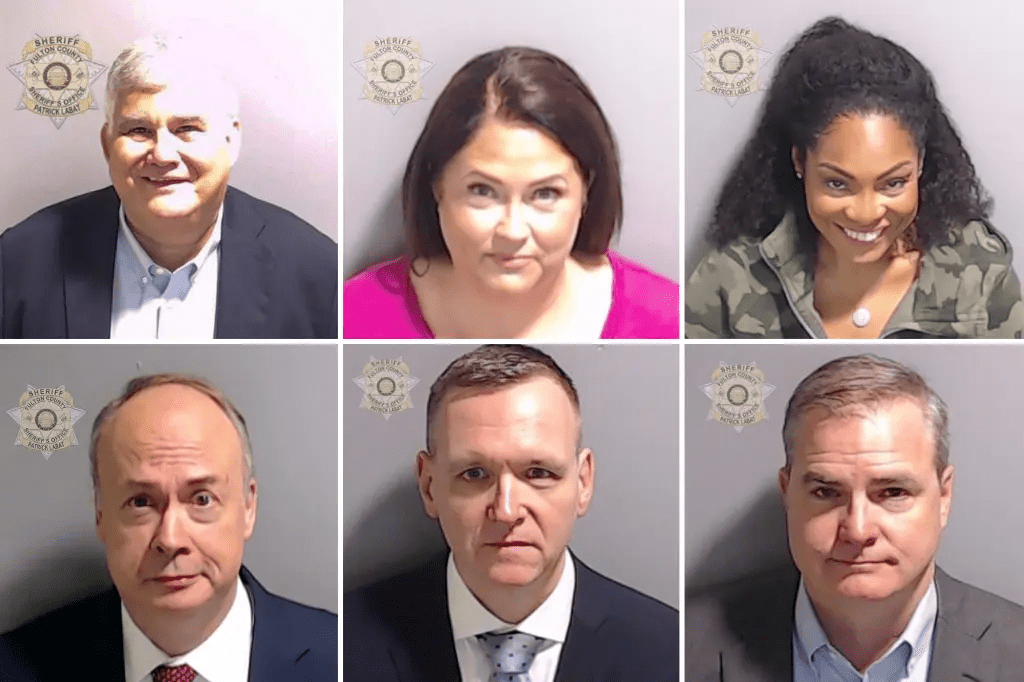
But even among observers who disagree with Trump’s politics, there’s acknowledgment that his grasp of power — and his ability to command national attention — remains unmatched. The pardons may provoke outrage, but they also underscore his dominance over the Republican landscape and his continuing influence on the machinery of government.
As one political analyst told Fox Digital late Sunday, “Whether you agree with him or not, Donald Trump has once again made himself the center of the story. Every headline tomorrow will be about him. That’s his genius, and it’s his weapon.”
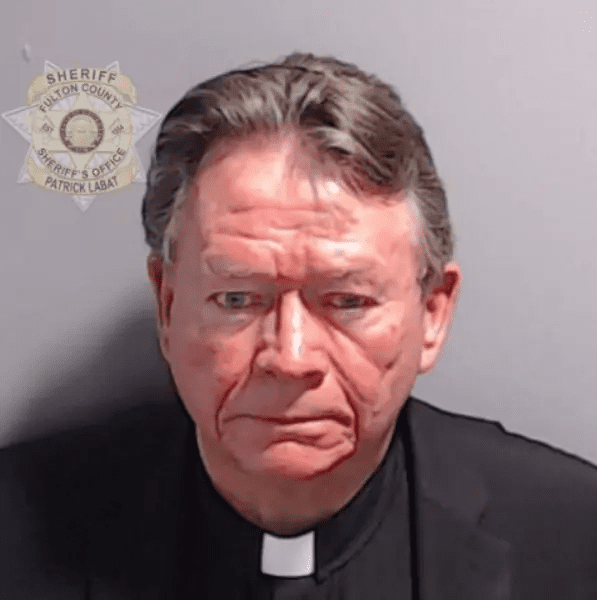
By midnight, the clemency order had already reshaped the week’s news cycle and reignited debate over presidential power in America. For Trump’s allies, the pardons closed one chapter of a long political war. For his opponents, it opened another. And for the nation — weary but still riveted — it was yet another reminder that in Donald Trump’s America, nothing ends quietly.
